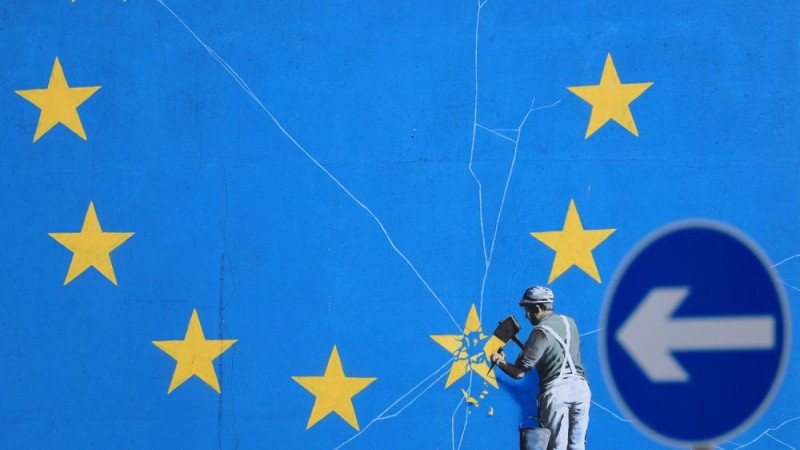Why Europe Is Falling Behind in Bitcoin Adoption – and Beyond

Although Africa is called the cradle of life, it is no coincidence that Europe is referred to as the “old continent.” Its long history, institutional frameworks, and cultural traditions have symbolized stability for centuries. Yet, that very stability often comes with inertia. While other regions have been forced to embrace innovation, Europe continues to default to excessive regulation and caution. North America and various Asian economies are taking active steps to integrate digital assets into their financial systems, while in Europe cryptocurrency adoption – along with numerous other initiatives – has had the opposite of the intended effect.
Overregulation and Stalled Bitcoin Adoption
Since the approval of U.S. spot Bitcoin ETFs more than a year ago, global capital markets have shown a clear opening toward digital assets. Major asset managers such as BlackRock have transferred billions of dollars into Bitcoin, while corporate pioneers are emerging across Japan and other Asian jurisdictions.
This trend has been driven largely by a loosening of regulatory environments – something Europe still lacks. Although the EU’s Markets in Crypto-Assets Regulation (MiCA), enacted in 2024, was designed to provide a harmonized framework for both service providers and users, in practice the added compliance requirements and administrative costs create steep entry barriers. This not only stifles innovation but strengthens already dominant banks and financial giants.
“The goal of harmonized regulation is market stability — but stability often comes at the cost of competition and innovation.”
National Overreach and the Push for a Digital Euro
On top of EU-wide rules, certain member states have introduced even stricter regulations. Hungary, for example, criminalized operating unlicensed exchanges in 2025, placing both service providers and clients in precarious legal positions. Poland has taken a similar path, preparing MiCA-based frameworks with heavy administrative and financial burdens for virtual asset service providers (VASPs). Such measures encourage companies to relocate to more favorable jurisdictions, depriving Europe of innovation and capital inflows.
Meanwhile, Europe’s centralized financial institutions are moving forward with their own agenda. As recently reported, nine leading banks have formed an alliance aimed at breaking the U.S. dollar’s dominance in the digital arena — including ING, UniCredit, CaixaBank, KBC, and Raiffeisen Bank International. This initiative could lead to the introduction of a centrally controlled digital euro as early as 2026, signaling that the European Central Bank prioritizes strengthening major banks over supporting crypto startups.
“National regulatory overreach often does more harm than good — innovation leaves, while control remains.”
Policy Missteps and Broader Challenges
Europe’s regulatory stance on Bitcoin is symptomatic of broader political and economic missteps in recent years. The continent’s competitiveness has weakened under heavy taxation, while social and cultural debates over climate policy, migration, and identity have further polarized societies. Overzealous green policies have disrupted industries and supply chains, and rigid fiscal frameworks have limited economic flexibility.
Within this environment, many citizens see little reason to trust decentralized assets, relying instead on institutional or state-backed solutions. The resistance to crypto adoption, therefore, reflects not only financial regulation but also deeper sociological and cultural dynamics within European society.
What Europe Risks Losing
If the current trajectory continues, Europe faces the prospect of talent flight, capital outflows, and a shrinking fintech ecosystem. Even if institutional investors still view Bitcoin primarily as a speculative asset today, its long-term role in global finance could prove decisive. Should Europe fail to adapt, it risks being permanently sidelined.
The challenge lies in striking the right balance. Financial stability is an undeniable value, but it must not come at the expense of innovation. Without ensuring financial freedom, digital savings opportunities, and fair competition, Europe could increasingly lose its appeal — ceding leadership in tomorrow’s financial system to other regions of the world.